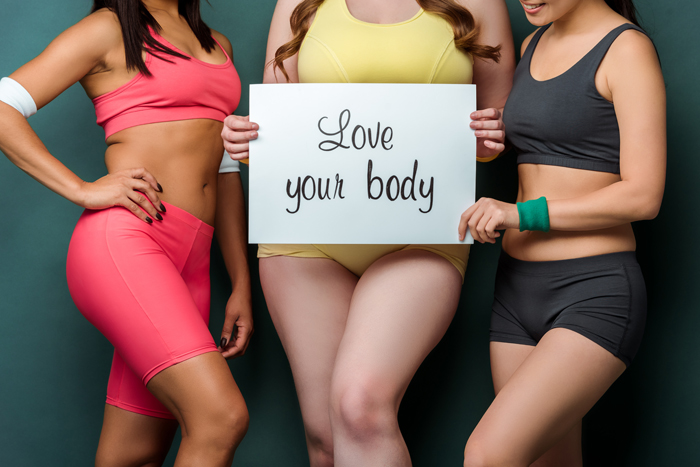Written by: Dr. Charlotte Markey
Do you know anyone who always seems to be on a diet? Maybe a parent, your aunt, or a friend? Maybe they’ve tried Weight Watchers (now, WW), Noom, and keto diets. Ever wonder why they are always on a diet?
It is because diets don’t work!
If diets worked, people wouldn’t need more than one. It would be more similar to what happens when you get an ear infection: you get antibiotics, and the ear infection goes away across time. Weight loss doesn’t work like this. You can’t just take a pill for a week or go on keto for a month, lose weight, and have it be gone the way an ear infection would go away and not return.
What we weigh has a lot to do with genetic, biological, and even social factors beyond our control. Some of us are tall, some of us have curvy body shapes and some of us don’t, some are hungrier more often than others, some are inclined to be more active. All of this contributes to our body weight and most of it is difficult – if not impossible – to change.
Some people find it depressing to learn that we don’t have total control over our health or the appearance of our bodies. Of course, with enough time, will, and money, you can exercise, alter your eating habits, get cosmetic surgery, consult with doctors and therapists, and change your appearance and health, but the alterations may not be permanent and may require a great deal of effort. If you want your weight to change, your best bet is to commit to changes to your everyday habits that you will make permanently. If the changes aren’t permanent, you will regain any weight you lost once you revert to your original habits. Perhaps most disturbing, there is scientific research to suggest that the cycle many people go through of losing and gaining and losing weight is bad for your health (and damaging to your metabolism).
But what if you think about all of this a bit differently? “Fixing” or changing your health or appearance-related behaviors is not obligatory. We all tend to invest some time and energy into our health, and how we look and feel. However, cultural messages such as advertisements often suggest that we really should do lots of things to “improve” ourselves. They suggest that we should just keep trying to achieve the body we want; one that is slender in all the right places, muscular in all the right places, and voluptuous in all the right places. These cultural messages tell us we must control our bodies instead of caring for them. They leave us feeling dissatisfied with who we are and offer a range of “solutions” for this dissatisfaction.
What if we are absolutely fine the way we are? What if we don’t need to be “fixed”? A lot of people make a lot of money by stoking our insecurities and encouraging us to invest in these “improvements” to our bodies and appearance, but no product, pill, or plan will produce happiness or perfection.
************************************************************************************************************
This article was adapted from Adultish: The Body Image Book for Life, which will be published in 2024. For more information about The Body Image Book series by Dr. Charlotte Markey, go to: www.TheBodyImageBookforGirls.com

